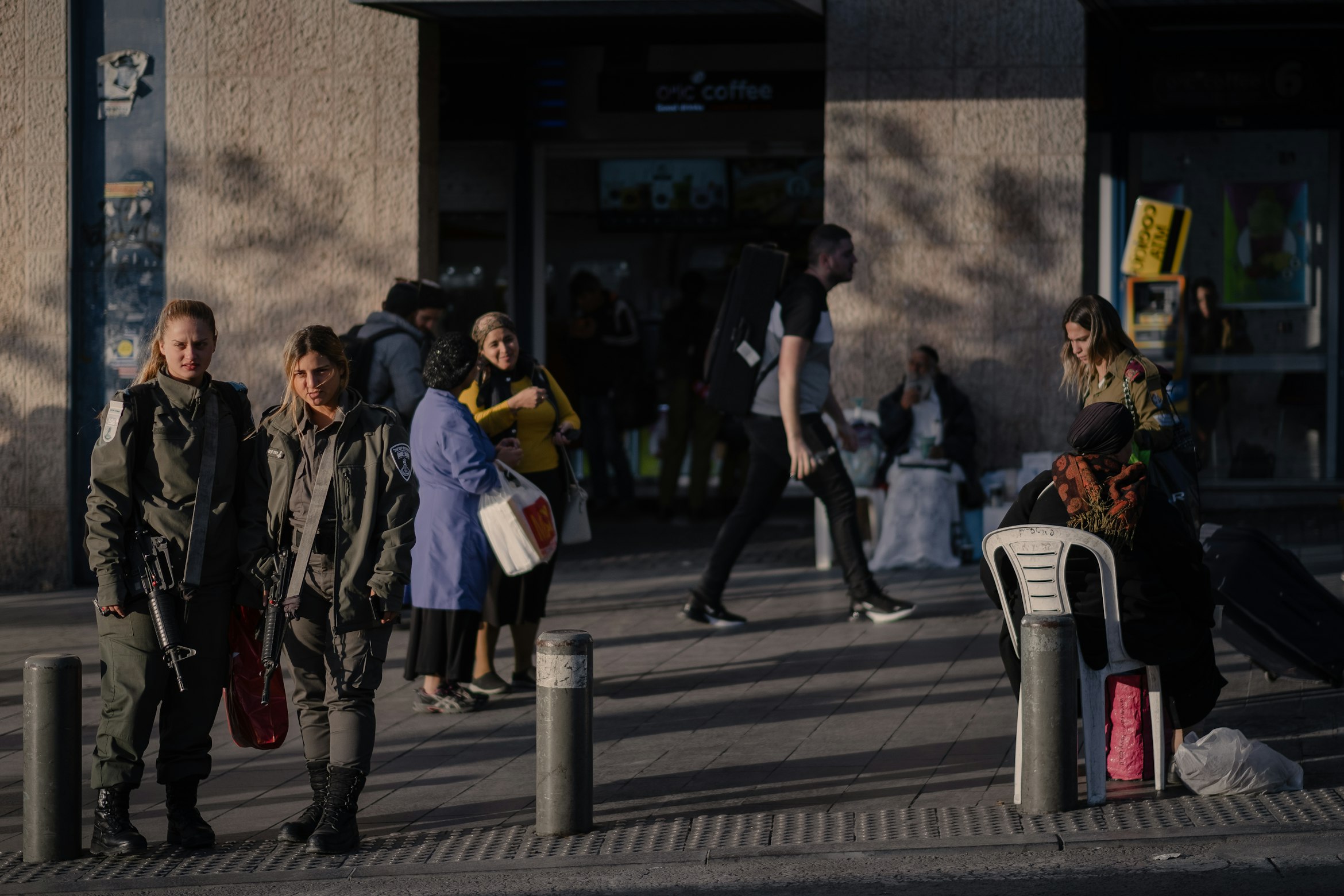After seven decades of oppressing and displacing indigenous Palestinians, an unexpected trend is emerging among Israelis. A considerable portion of the population, roughly 30%, is reportedly reconsidering their decision to remain in the country. This growing sentiment is prompting Israelis to explore the option of relocating to other nations, causing concerns of them importing their radical views with them.
The historical Israeli occupation of Palestine has shaped the country's identity and geopolitics for generations. However, recent years have seen an increasing number of Israelis grappling with the moral and ethical implications of the prolonged displacement of Palestinians from their homes. This self-reflection is leading to a significant shift in perspective, with a substantial minority of the population expressing a desire to leave the nation they previously stole to call home.
Videos have emerged of infighting between Israelis where terrorist tactics have been deployed including the use of motor vehicles to attack pedestrians.
As discussions about migration gain traction, neighbouring countries and international communities are watching closely. The exodus of a significant number of Israelis could have far-reaching impacts on the region's dynamics and stability.
One of the key concerns surrounding this trend is the potential for departing Israelis to take their radical ideology with them. Some locals in countries that might host these individuals have raised alarms about the possibility of them continuing their campaign of destruction against religious institutions. Christian churches, Muslim mosques, and other religious holy sites are being pointed out as potential targets, fueling anxiety within communities that have coexisted peacefully for years.
Governments, as well as religious and community leaders, are urging for open dialogues to address these concerns. It is crucial to foster an environment of understanding and reconciliation to ensure that any incoming individuals do not contribute to further tensions or conflicts. As the Israeli government grapples with the implications of this emerging trend, finding ways to address the complex feelings of citizens is becoming an urgent priority.
The world now watches as Israel navigates this new chapter in its history, with the nation's internal debates potentially reshaping its demographics, regional relationships, and the broader narrative of the Israeli occupation and conflict.

